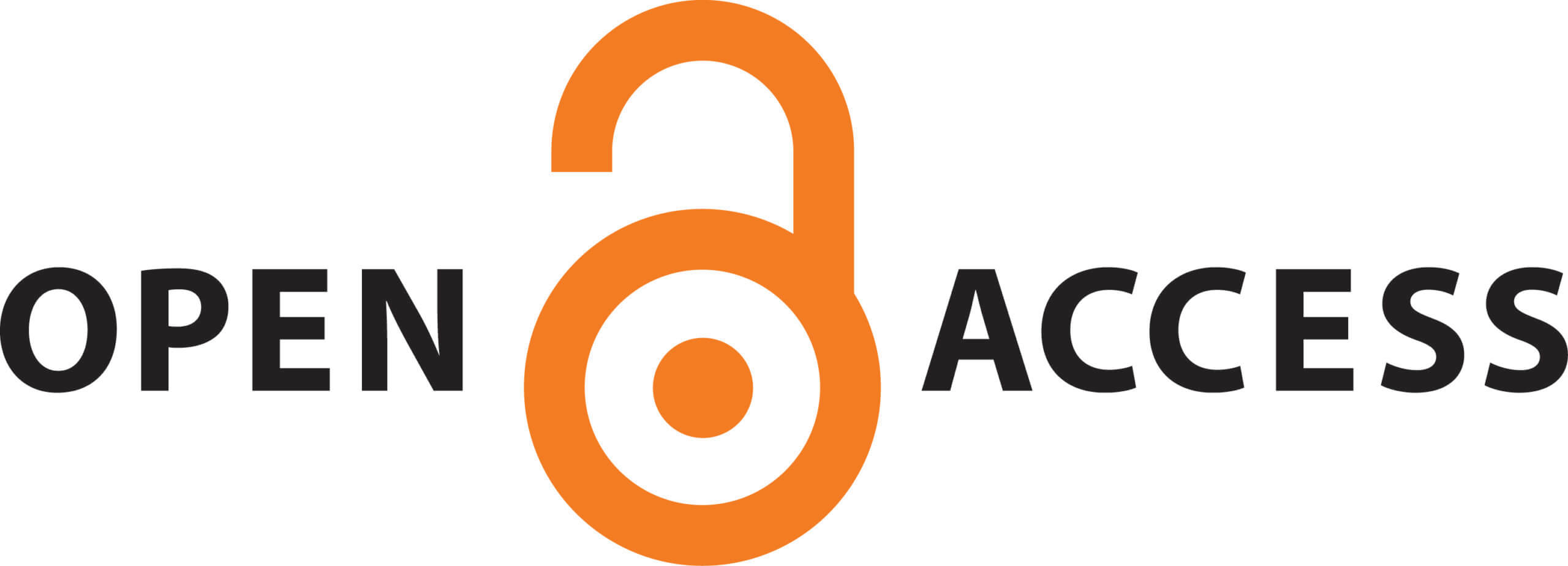Prospects and Challenges of Technological Advancements in Legal Education Pedagogy: An Analytical Review
Keywords:
Technological advancement, legal education, traditional teaching modules, tech-savvy infrastructure, technology-based educationAbstract
Over the years, legal education has evolved tremendously owing to multiple factors. In this regard, one important factor to be debated is the swift growth of technology in today’s time. Due to the undeniable significance of technology, it has emerged as an inseparable element of legal education. The use of technology in law schools enables educators to shift from traditional teaching modules to advanced teaching styles according to contemporary needs and trends. This paper will overview the use of technology in law and its importance for law schools. The paper tends to focus on the opportunities technology has to offer particularly in legal education and generally in the legal system. The paper also aims to assess the cultural and structural challenges of adopting and implementing technological advancement and digitalisation in Pakistan. It is an undisputed fact that technology costs money, inter alia, for developing/programming software, employing IT developers, building tech-savvy infrastructure etc. Developing countries in the South East Asian Region including Pakistan, who are already struggling with economic crisis, would have to develop strategies to implement the advanced technology-based education in the legal profession. This paper proposes solutions which underdeveloped countries can easily adopt to incorporate technology into their legal education systems. The paper will also discuss the aspect of the digital divide based on gender between privileged and underprivileged classes of society. This research will encompass qualitative methods of study relying on resources dealing with technological advancement and opportunities which digitalization has to offer in the field of legal education.
Downloads
Published
How to Cite
Issue
Section
License
Copyright (c) 2024 UCP Journal of Law & Legal Education

This work is licensed under a Creative Commons Attribution-NonCommercial 4.0 International License.




